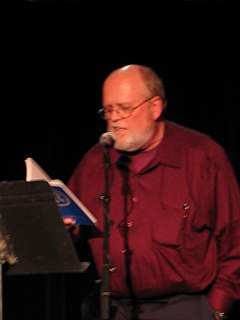A Quote by David Crystal
Word books traditionally focus on unusual and quirky items. They tend to ignore the words that provide the skeleton of the language, without which it would fall apart, such as 'and' and 'what,' or words that provide structure to our conversation, such as 'hello.
Related Quotes
I need geometry to set the grammar of the image expressive language . The structural skeleton, the composition and the geometric layout provide a perspective from which one can read the image; otherwise we would do what Dadaists did when they put words in a little bag and then took them out at random in order to compose a poem.
It was an incredible way to grow up, because words that you're taught - these definite things - you realize they sort of beautifully fall apart; that words are tenuous. In the middle of a large word, there's a small word that possibly contradicts the larger word. So I grew up where, on the one hand, the only thing I would ever think of doing was something in writing, music, or art, and on the other hand, I could've reacted strongly against it because it would've been a way to rebel.
What's happening is the language. Not only in the usual sense of being interesting (which it is), but in the new sense that words are events, as real and important in themselves as wars and lovers... It is to the word, then, that the mind moves, and the word responds by taking on a physicality, even a sensuality, we have all been trained to ignore. Words have weight, and the distance between two can be a chasm filled with forces of association... What Clark is doing is genuinely new.
For language to have meaning, there must be intervals of silence somewhere, to divide word from word and utterance from utterance. He who retires into silence does not necessarily hate language. Perhaps it is love and respect for language which imposes silence upon him. For the mercy of God is not heard in words unless it is heard, both before and after the words are spoken, in silence.
Sound words can't be understood through formal study of the language alone. They're felt when you immerse yourself in the culture or lifestyle that becomes a part of you. The Japanese language is abundant with onomatopoeia. Even though I've lived in Japan a long time, sound words are still an uncertain territory. And I think new words are being created every day. Even when I don't know a word I can sometimes connect it to a meaning using the sensations produced by the sounds, which feels like I'm playing with words.
This law represents a cornerstone in a structure which is being built but is by no means completed--a structure intended to lessen the force of possible future depressions, to act as a protection to future administrations of the Government against the necessity of going deeply into debt to furnish relief to the needy--a law to flatten out the peaks and valleys of deflation and of inflation--in other words, a law that will take care of human needs and at the same time provide for the United States an economic structure of vastly greater soundness.
There are some people that aren't into all the words. There are some people who would have you not use certain words. Yeah, there are 400,000 words in the English language, and there are seven of them that you can't say on television. What a ratio that is. 399,993 to seven. They must really be bad. They'd have to be outrageous, to be separated from a group that large. All of you over here, you seven. Bad words. That's what they told us they were, remember? 'That's a bad word.' You know bad words. Bad thoughts. Bad intentions.



































